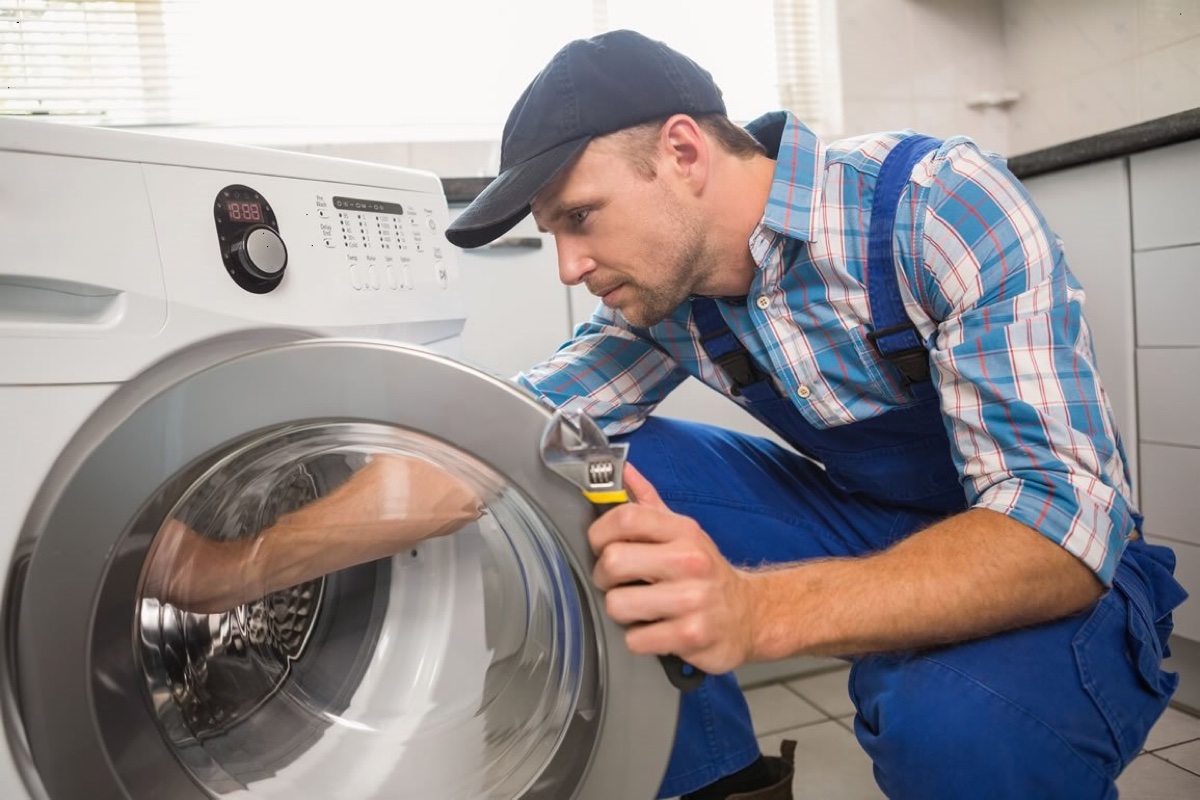

Articles
Why Does My Washer Squeak
Modified: March 2, 2024
Find helpful articles on why your washer squeaks and how to fix it. Learn expert tips and tricks for a quieter laundry experience.
(Many of the links in this article redirect to a specific reviewed product. Your purchase of these products through affiliate links helps to generate commission for Storables.com, at no extra cost. Learn more)
Why Does My Washer Squeak?
Is the irritating squeaking noise coming from your washer driving you crazy? Don’t worry, you’re not alone. Washer squeaking is a common problem that many homeowners face. Not only is it annoying, but it could also be an indication of a bigger issue with your washing machine. In this article, we will explore the common causes of washer squeaking, troubleshooting methods, the benefits of hiring a professional, and the importance of preventive maintenance.
Key Takeaways:
- Address washer squeaking promptly to prevent further damage and disruptions to your laundry routine. Troubleshoot and perform regular maintenance to ensure optimal washer performance and longevity.
- Consider hiring a professional for persistent or complex washer squeaking issues. Prioritize safety, and select a reputable repair service for expert diagnosis and reliable repairs.
Read more: Why Does My Opal Ice Maker Squeak
Common Causes of Washer Squeaking
There are several potential culprits behind that squeaking sound coming from your washer:
- Worn or damaged belt: Over time, the drive belt in your washer can become worn or frayed, causing it to squeak. This is a common issue that can be easily resolved by replacing the belt.
- Malfunctioning motor: If the motor in your washer is not functioning properly, it can produce a squeaking noise. This could be due to worn-out bearings or other internal problems. A professional technician can diagnose and repair motor-related issues.
- Loose or faulty pulley: A loose or damaged pulley can also lead to squeaking. The pulley is responsible for transferring power from the motor to the drum. If it is not functioning properly, it can create noise during operation.
- Unbalanced load: When the load inside the washer drum is unevenly distributed, it can cause the machine to vibrate and produce a squeaking sound. Taking care to balance the load can help prevent this issue.
Troubleshooting Washer Squeaking
If you’re experiencing washer squeaking, here are some steps you can take to troubleshoot the problem:
- Inspect the drive belt for signs of wear or damage. If necessary, replace it with a new one.
- Check the motor for any signs of malfunction. If needed, contact a professional technician for repair or replacement.
- Examine the pulley for looseness or damage. Tighten any loose components or consider replacing the pulley if necessary.
- Ensure that the washer load is properly balanced before starting a cycle. Adjust the load if needed to distribute the weight evenly.
Hiring a Professional
In some cases, it may be best to hire a professional technician to address washer squeaking:
- If you are unable to determine the source of the squeaking or if it persists after troubleshooting, professional assistance may be required.
- A professional technician has the knowledge and experience to diagnose and repair complex issues with your washer, ensuring a proper and long-lasting fix.
- When selecting a washer repair service, consider factors such as reputation, experience, and warranty to ensure you receive quality and reliable service.
Preventive Maintenance
Preventive maintenance is key to keeping your washer in optimal condition and preventing squeaking. Here are some tips for maintaining your washer:
- Regularly clean the inside and outside of the machine to remove any dirt, debris, or detergent buildup.
- Inspect and clean the filter and drain hose to prevent clogs and ensure proper water drainage.
- Check and tighten any loose screws, bolts, or connections.
- Follow the manufacturer’s guidelines for load capacity to prevent overloading.
By performing regular maintenance and addressing any issues promptly, you can prevent washer squeaking and ensure your machine operates smoothly for years to come.
Don’t let washer squeaking become a constant annoyance in your home. Take action to identify and resolve the problem using the troubleshooting methods outlined in this article. And remember, when in doubt, don’t hesitate to seek professional assistance to ensure your washer is working optimally.
Read more: Why Does The Dryer Squeak
Introduction
Having a washing machine has made laundry tasks much more convenient, but when it starts making an annoying squeaking noise, it can quickly become a source of frustration. Washer squeaking is a common problem that many homeowners encounter. Understanding the causes behind this issue and addressing it promptly is essential for the longevity and optimal performance of your washing machine.
One of the reasons why washer squeaking is a common problem is due to the constant use and movement of the machine. Washing machines have various mechanical components that can wear out or become damaged over time, causing them to produce squeaking noises.
It is crucial to address the issue promptly when you notice your washer squeaking. Ignoring the problem can lead to further damage and potentially more costly repairs down the line. Additionally, a malfunctioning washing machine can disrupt your daily routine and make doing laundry a cumbersome experience.
By taking quick action to investigate and fix the squeaking noise, you can prevent the issue from escalating and avoid the inconvenience of potential breakdowns. Not only will this save you time and money in the long run, but it will also extend the lifespan of your washing machine.
A squeaking washer can also be an indication of underlying problems that, if left untreated, can worsen over time. For example, a worn or damaged belt not only produces noise but can also result in the washing machine not functioning properly. Without proper attention, this can lead to further damage to the motor or other crucial components of the washer.
Addressing the issue promptly can help identify and resolve the source of the squeaking noise. By troubleshooting and fixing the problem early on, you can prevent the need for more extensive repairs or even the replacement of your washing machine. It is, therefore, in your best interest to act decisively and tackle the squeaking noise as soon as it arises.
In the upcoming sections of this article, we will explore the common causes of washer squeaking, provide troubleshooting methods, discuss the benefits of hiring a professional, and highlight the importance of preventive maintenance. By following these guidelines, you can address the issue effectively and ensure that your washing machine functions smoothly and quietly for years to come.
Key Takeaways:
- Address washer squeaking promptly to prevent further damage and disruptions to your laundry routine. Troubleshoot and perform regular maintenance to ensure optimal washer performance and longevity.
- Consider hiring a professional for persistent or complex washer squeaking issues. Prioritize safety, and select a reputable repair service for expert diagnosis and reliable repairs.
Read more: Why Does My Opal Ice Maker Squeak
Common Causes of Washer Squeaking
When your washing machine starts squeaking, it is essential to identify the root cause of the issue. Here are some common culprits behind the squeaking noise:
- Worn or damaged belt: One of the primary causes of washer squeaking is a worn or damaged belt. The belt is responsible for transferring power from the motor to the drum. Over time, the belt can become stretched, frayed, or worn out, resulting in a squeaking noise during operation. If you notice a worn or damaged belt, it should be replaced to resolve the issue.
- Malfunctioning motor: A malfunctioning motor can also contribute to the squeaking noise in your washing machine. The motor consists of various moving parts and bearings that can wear out or become faulty over time. When the motor is not functioning properly, it can produce a squeaking sound during operation. Repairing or replacing the motor may be necessary to eliminate the squeaking noise.
- Loose or faulty pulley: The pulley in your washing machine is responsible for transferring power from the motor to the drum. If the pulley becomes loose or damaged, it can cause friction and result in a squeaking noise. Tightening any loose components or replacing a faulty pulley can help eliminate the squeaking problem.
- Unbalanced load: Another common cause of washer squeaking is an unbalanced load. When the items inside the drum are unevenly distributed, it can create vibrations during the spin cycle. These vibrations can cause the washer to produce a squeaking noise. Ensuring that you properly distribute and balance the load can help prevent this issue.
Keep in mind that these are just a few of the common causes of washer squeaking. Each washing machine model may have its unique set of issues that can lead to squeaking. Familiarizing yourself with your specific machine’s manual and seeking professional assistance when needed can help in accurately diagnosing and resolving the problem.
In the next section, we will discuss troubleshooting methods you can use to identify the source of the squeaking noise and address it effectively.
Troubleshooting Washer Squeaking
When faced with a squeaking washer, it’s important to troubleshoot the issue to identify the source of the noise. Here is a step-by-step guide to help you pinpoint the problem:
- Unplug the washer: Before starting any troubleshooting, disconnect the washing machine from the power source to ensure your safety.
- Inspect the drive belt: Check the condition of the drive belt. Look for signs of wear, fraying, or damage. A worn-out or damaged belt can be the cause of the squeaking noise. If you notice any issues, replace the belt with a new one.
- Examine the motor: Inspect the motor for any visible damage or signs of malfunction. Check for loose wires or worn-out bearings. If you suspect a problem with the motor, it might be necessary to call a professional technician for further diagnosis and repair.
- Check the pulley: Take a close look at the pulley, ensuring it is tight and in good condition. A loose or faulty pulley can cause friction and lead to squeaking. Tighten any loose components, or replace the pulley if necessary.
- Balance the load: Unevenly distributed items inside the drum can lead to vibrations and consequent squeaking. Make sure to distribute the load evenly to prevent this problem. Avoid overloading the washer, as this can also contribute to the issue.
During the troubleshooting process, it’s important to prioritize safety. Here are some key safety precautions to keep in mind:
- Disconnect the power: Always unplug the washing machine before working on it to avoid the risk of electric shock.
- Wear protective gear: When inspecting or repairing the washer, use appropriate protective gear such as gloves and safety glasses to prevent any injuries.
- Refer to the manual: Consult the manufacturer’s manual for specific instructions and safety guidelines related to your washing machine model.
- Call a professional if needed: If you’re unsure about any troubleshooting steps or if the problem persists, it’s best to call a professional washer repair technician. They have the expertise to handle complex issues safely and effectively.
By following these troubleshooting steps and adhering to safety precautions, you can successfully identify the source of the squeaking noise and take appropriate measures to resolve it.
Next, we will explore the benefits of hiring a professional for washer repair and the importance of timely assistance.
Hiring a Professional
While some washer squeaking issues can be resolved through troubleshooting and DIY repairs, there are situations where it’s best to seek professional assistance. Here are some signs that indicate the need for professional help:
- Persistent or worsening squeaking: If the squeaking noise persists or worsens despite your troubleshooting efforts, it may be a sign of a more complex issue that requires professional intervention.
- Lack of technical skills or knowledge: If you’re not familiar with the inner workings of washing machines, attempting extensive repairs or adjustments on your own can potentially lead to further damage. In such cases, it’s best to leave the task to an experienced technician.
- Out-of-warranty repairs: If your washer is still under warranty, it’s advisable to contact the manufacturer or authorized service center for repairs. Tampering with the machine yourself may void the warranty.
When you hire a professional technician to address your washer squeaking issue, you can enjoy several benefits:
- Expertise and experience: Professional technicians have the knowledge and experience to quickly diagnose and repair a variety of washing machine issues. They are trained to handle complex repairs and can identify underlying problems that may not be apparent to untrained eyes.
- Proper tools and equipment: Repairing a washing machine often requires specialized tools and equipment. Professional technicians come equipped with the necessary tools to carry out repairs effectively and efficiently.
- Quality and reliability: By entrusting your washer repair to a professional, you can have peace of mind knowing that the job will be done properly. Reliable technicians are dedicated to delivering high-quality service and ensuring customer satisfaction.
When selecting a washer repair service, it’s important to consider the following factors:
- Reputation and reviews: Look for a repair service with a good reputation and positive customer reviews. This can give you an indication of their professionalism and the quality of their work.
- Experience and expertise: Choose a repair service that has experience in handling washing machine repairs, specifically addressing squeaking issues. An experienced technician will have a better understanding of the potential causes and effective solutions.
- Warranty and guarantees: Inquire about the warranty or guarantees offered by the repair service. A reputable service provider will stand behind their work and offer warranties on repairs and replacement parts.
- Pricing and transparency: Compare the prices of different repair services and ensure that there are no hidden charges. Transparent pricing and clear communication regarding the repair process are essential for a positive experience.
By carefully selecting a reliable and experienced washer repair service, you can ensure that your squeaking issue is resolved efficiently and professionally.
In the next section, we will explore the importance of preventive maintenance in preventing washer squeaking and extending the lifespan of your machine.
Preventive Maintenance
Regular maintenance is crucial for preventing washer squeaking and ensuring the optimal performance of your washing machine. By following proper maintenance practices, you can extend the lifespan of your appliance and avoid costly repairs. Here’s why regular maintenance is important:
Prevent Squeaking: Regular maintenance helps identify and address potential issues before they escalate into major problems. By inspecting and maintaining the different components of your washer, you can prevent squeaking caused by worn-out belts, loose pulleys, or malfunctioning parts.
Ensure Efficiency: Proper maintenance keeps your washer running smoothly and efficiently. Cleaning the drum, filter, and hoses regularly helps maintain proper water flow and drainage, ensuring optimal washing performance.
Extend Lifespan: By taking care of your washing machine through regular maintenance, you can extend its lifespan. A well-maintained washer is less likely to experience mechanical failures and breakdowns, resulting in a longer-lasting appliance.
Here are some tips for proper washer maintenance and care:
- Clean the drum: Wipe down the inside of the drum regularly to remove any dirt, detergent residue, or lint. This prevents buildup and unpleasant odors.
- Check and clean the filter: Many modern washers have a filter that traps debris. Clean the filter regularly to ensure proper water flow and prevent clogs.
- Inspect and clean the hoses: Regularly inspect the hoses for any signs of damage or wear. Clean the hoses to remove any sediment or debris that could affect water flow and drainage.
- Tighten loose screws and connections: As part of your maintenance routine, check for any loose screws, bolts, or connections and tighten them as necessary. This helps prevent vibrations and noise during operation.
- Follow the load capacity guidelines: Overloading the washer can strain its components and lead to squeaking. Abide by the manufacturer’s load capacity guidelines to prevent excessive wear on the machine.
Recommended Frequency of Maintenance Tasks:
- Cleaning the drum: Perform this task monthly or more frequently if you notice buildup.
- Checking and cleaning the filter: Check the filter every few months and clean it if necessary.
- Inspecting and cleaning the hoses: Inspect the hoses annually and clean them as needed.
- Tightening loose screws and connections: Check for loose components during regular maintenance and tighten them as required.
Following these maintenance tips and conducting regular upkeep on your washing machine can significantly reduce the likelihood of washer squeaking and keep your appliance running smoothly.
Next, let’s summarize the common causes, troubleshooting, and preventive measures discussed in this article.
Conclusion
In conclusion, washer squeaking is a common problem that can be caused by various factors such as a worn or damaged belt, malfunctioning motor, loose pulley, or unbalanced load. Troubleshooting the issue involves identifying the source of the squeaking noise and taking appropriate measures to address it. However, there are situations where hiring a professional repair service is necessary, especially when the problem persists or when you lack the technical skills and knowledge to fix the issue yourself.
Regular maintenance plays a vital role in preventing washer squeaking and ensuring the optimal performance of your washing machine. By following proper maintenance practices such as cleaning the drum, checking and cleaning the filter, inspecting and cleaning the hoses, and tightening loose screws and connections, you can extend the lifespan of your washer and prevent mechanical failures.
It’s important to promptly address washer squeaking, as ignoring the issue can lead to further damage and potentially costlier repairs in the future. Additionally, a malfunctioning washing machine can disrupt your daily routine and make doing laundry a hassle.
By taking the time to troubleshoot and resolve the squeaking noise, either through DIY methods or with the help of a professional technician, you can restore your washer’s functionality and enjoy peaceful laundry cycles once again. Remember to prioritize safety when working with your washer and seek professional assistance if needed.
Don’t let washer squeaking become a chronic annoyance in your home. Take action to identify and resolve the problem using the troubleshooting methods provided in this article. By addressing the issue promptly and conducting regular maintenance, you can ensure that your washing machine operates smoothly and quietly for years to come.
So, don’t delay – give your washer the attention it deserves, and say goodbye to that irritating squeaking noise once and for all!
Frequently Asked Questions about Why Does My Washer Squeak
Was this page helpful?
At Storables.com, we guarantee accurate and reliable information. Our content, validated by Expert Board Contributors, is crafted following stringent Editorial Policies. We're committed to providing you with well-researched, expert-backed insights for all your informational needs.
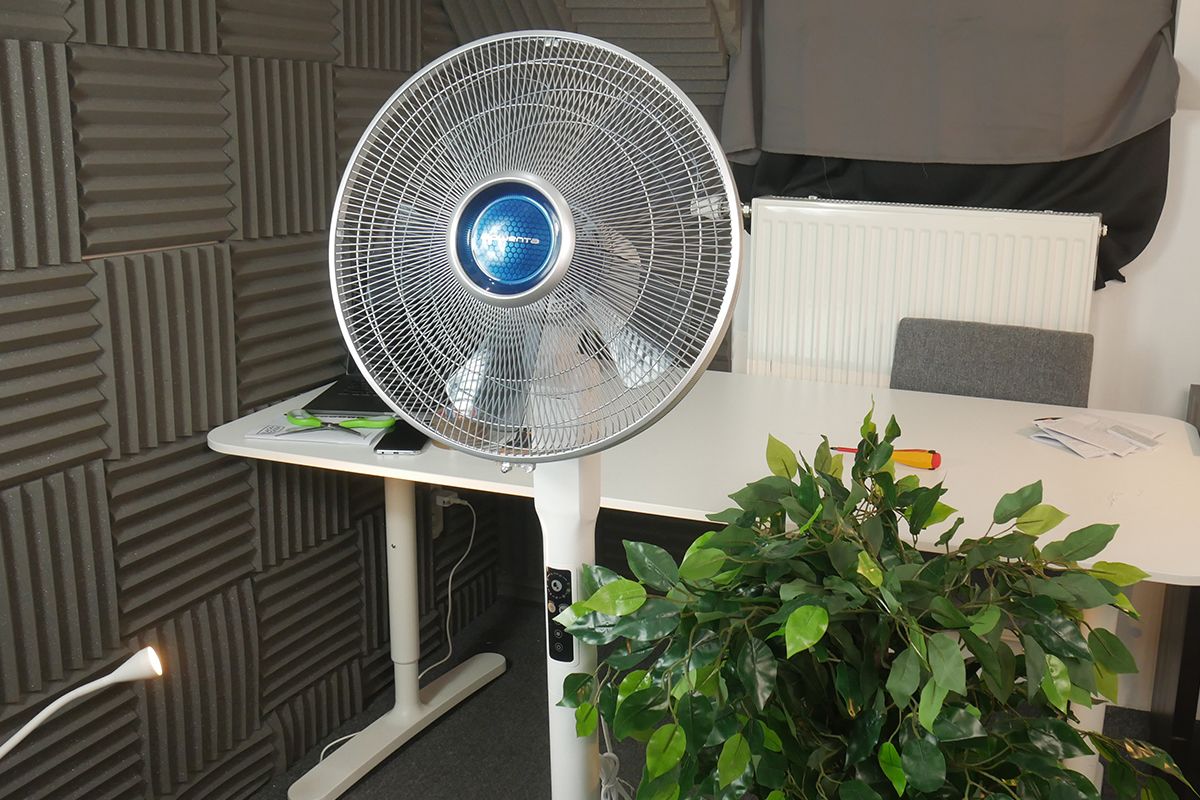
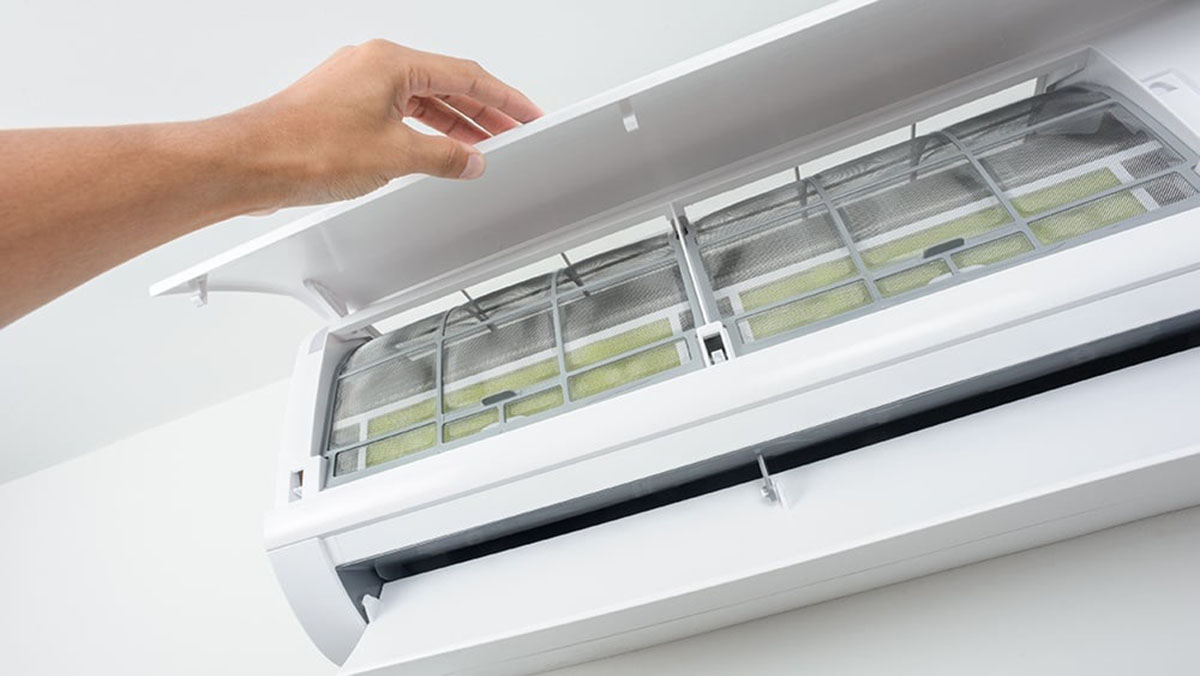

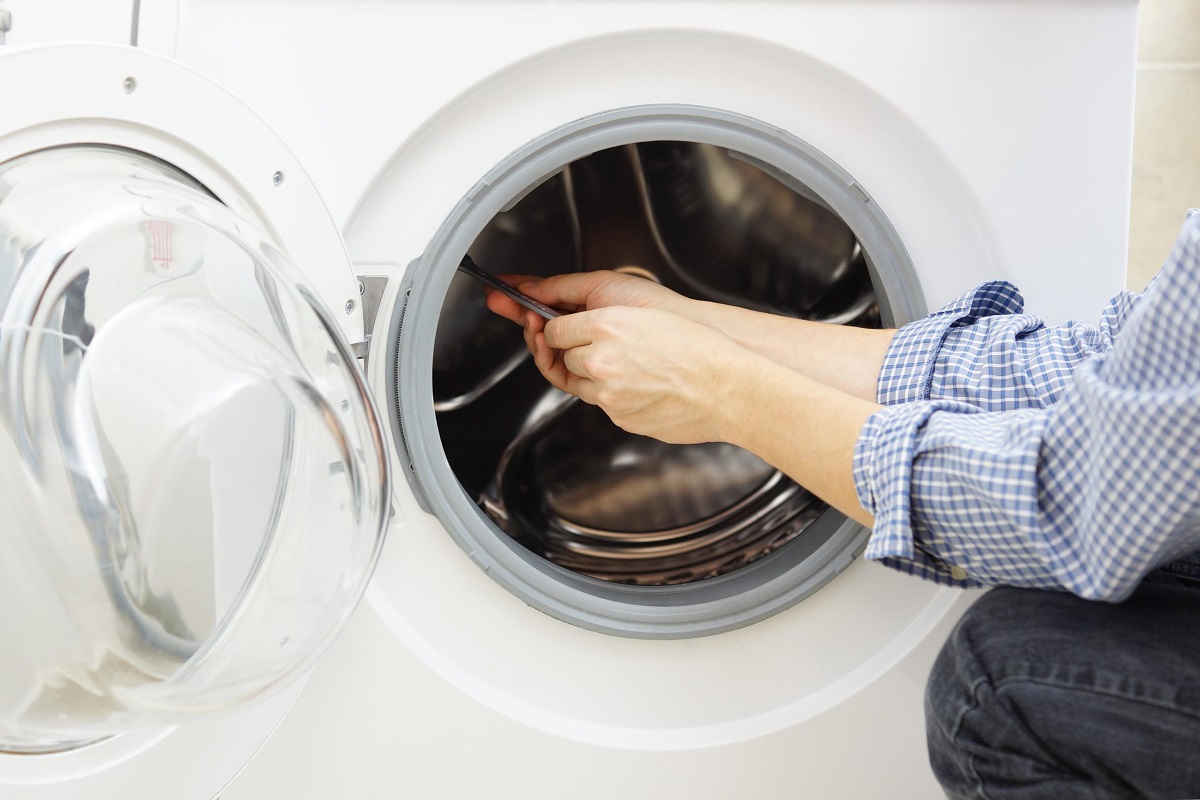
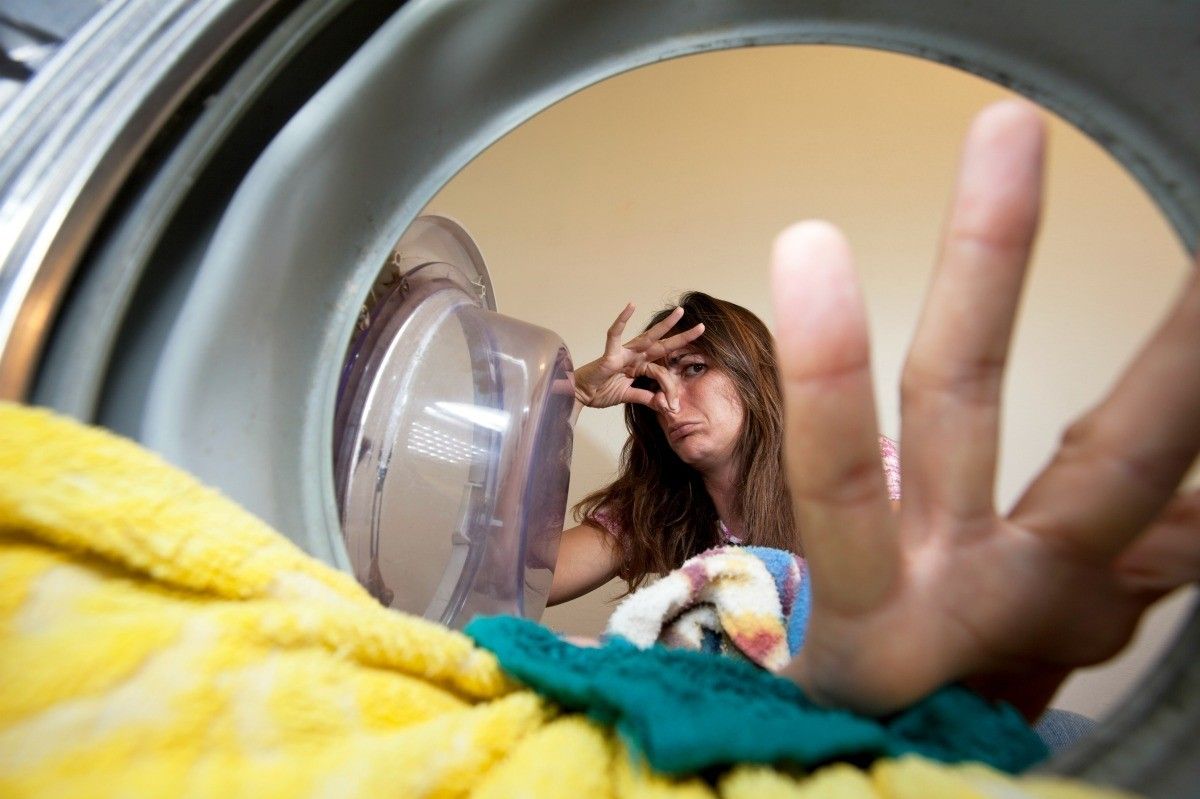
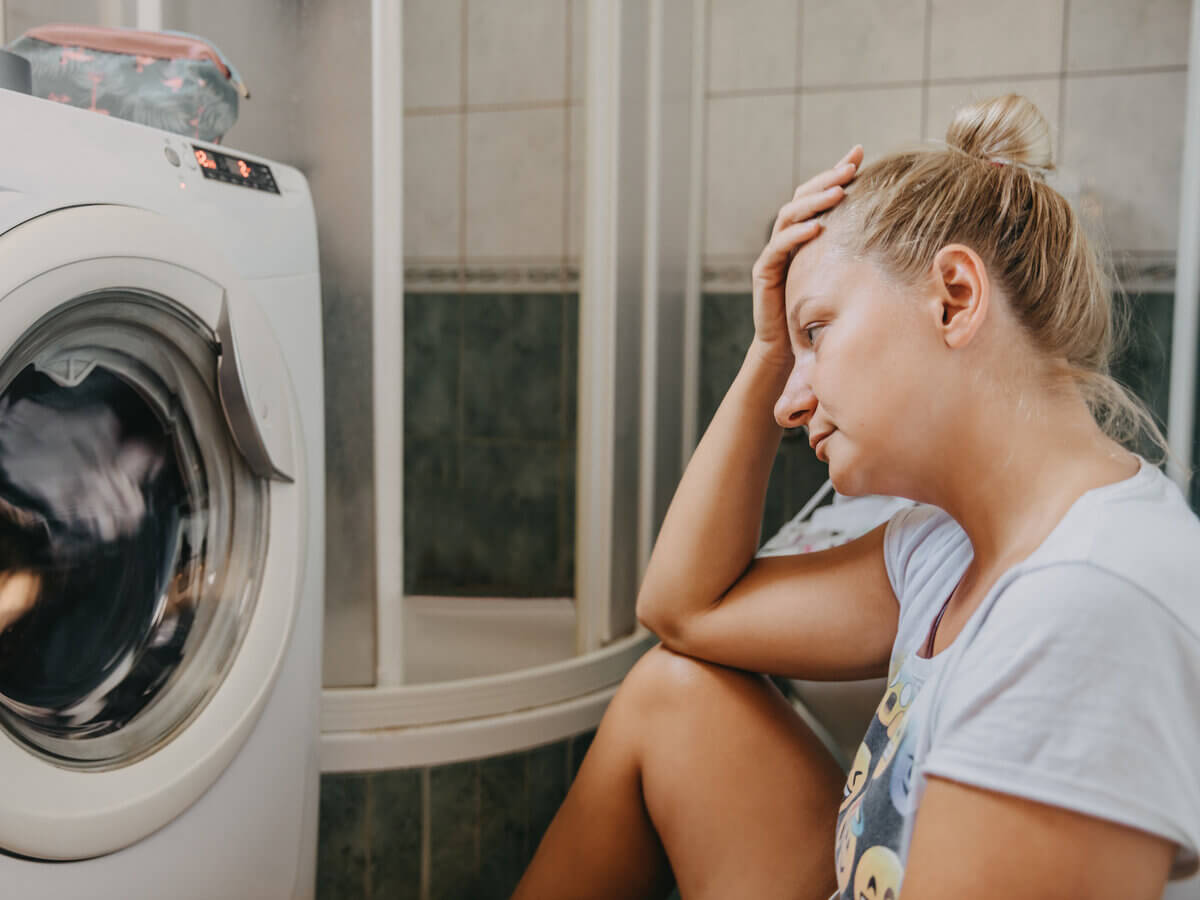
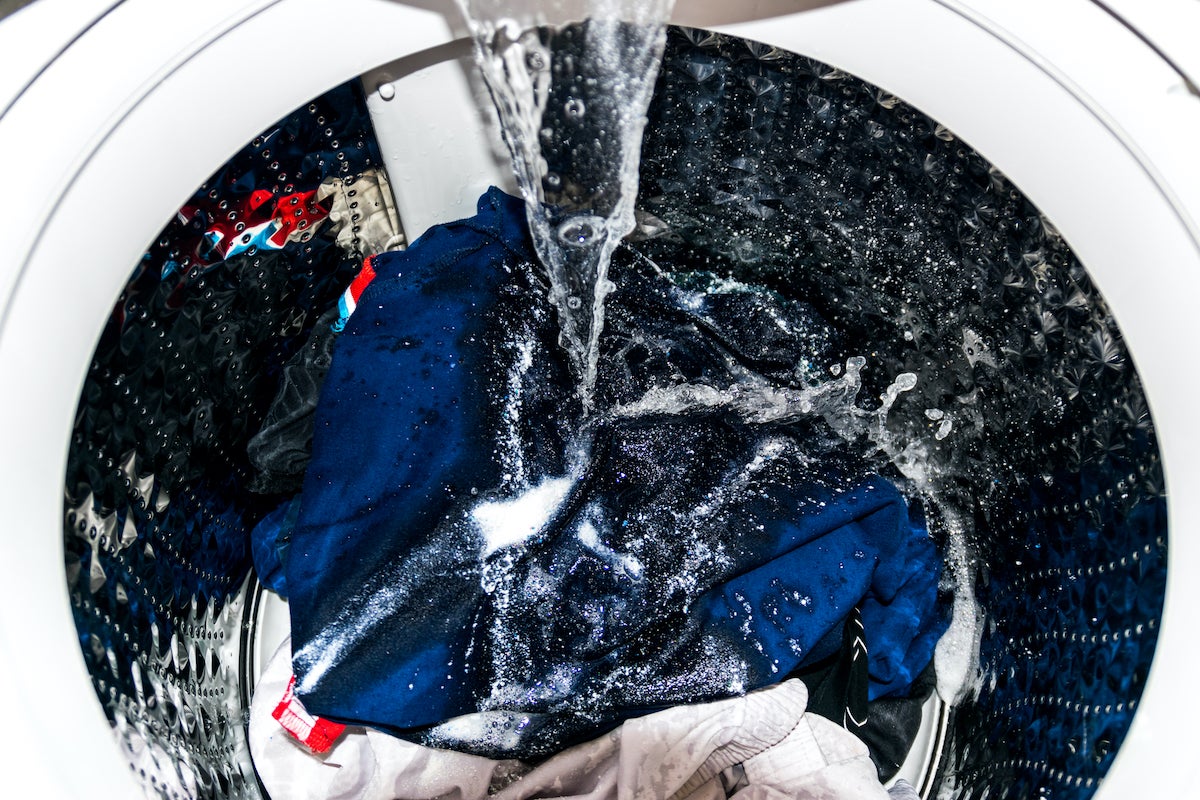
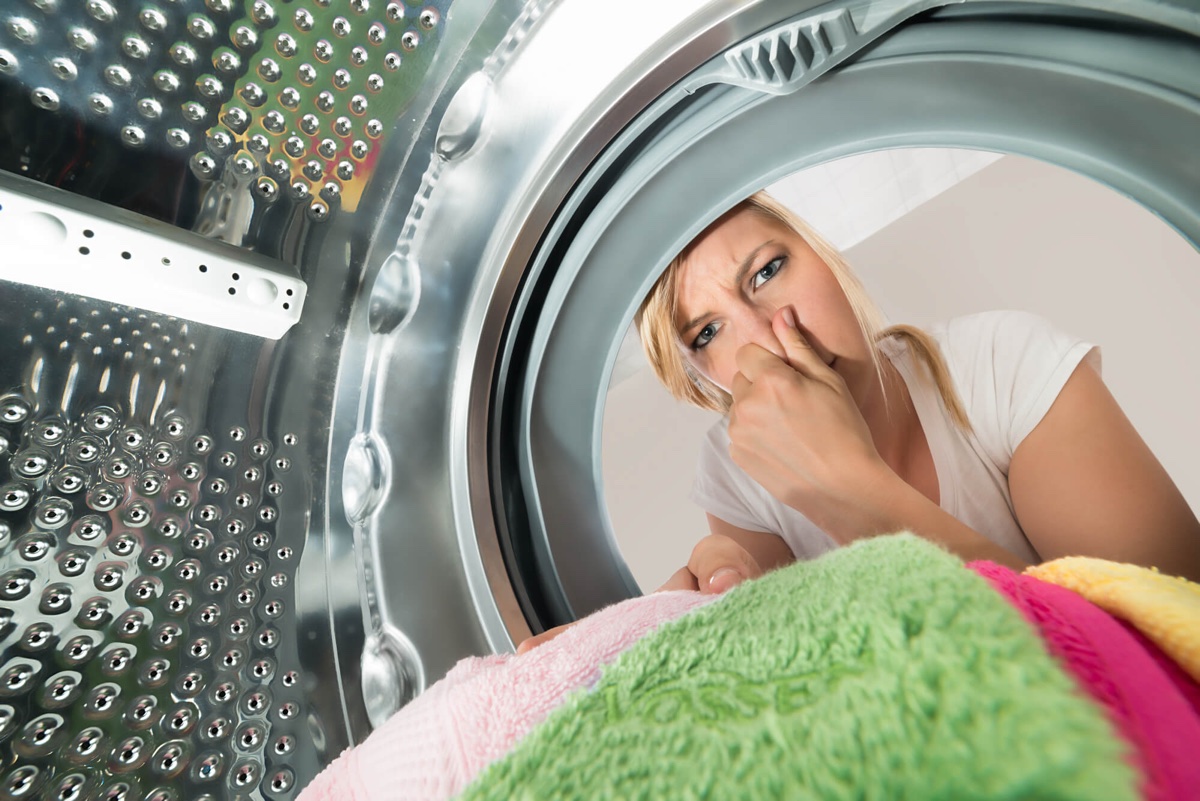

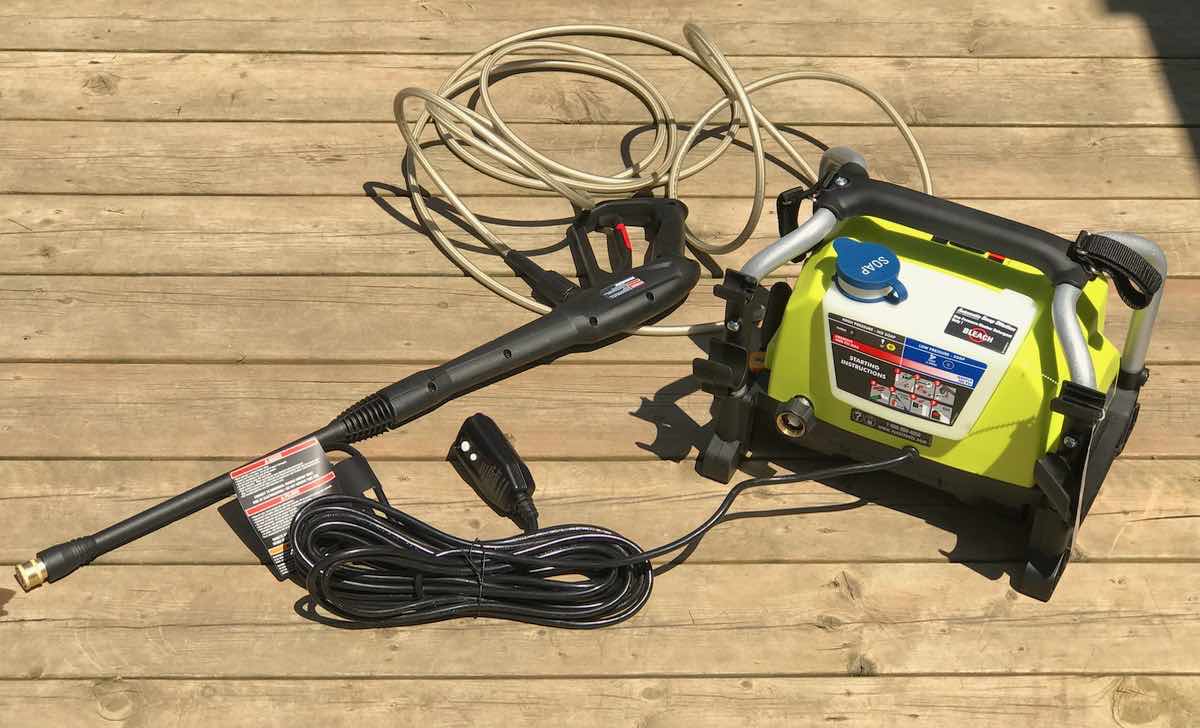
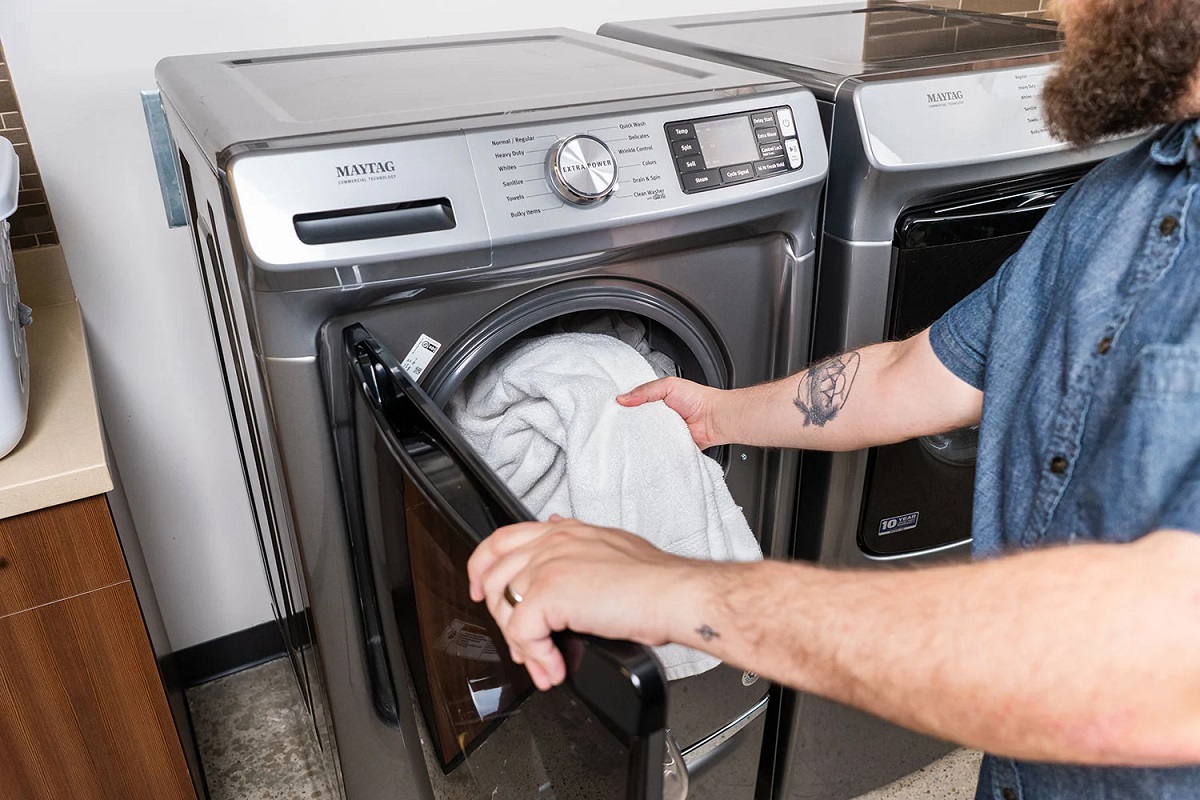
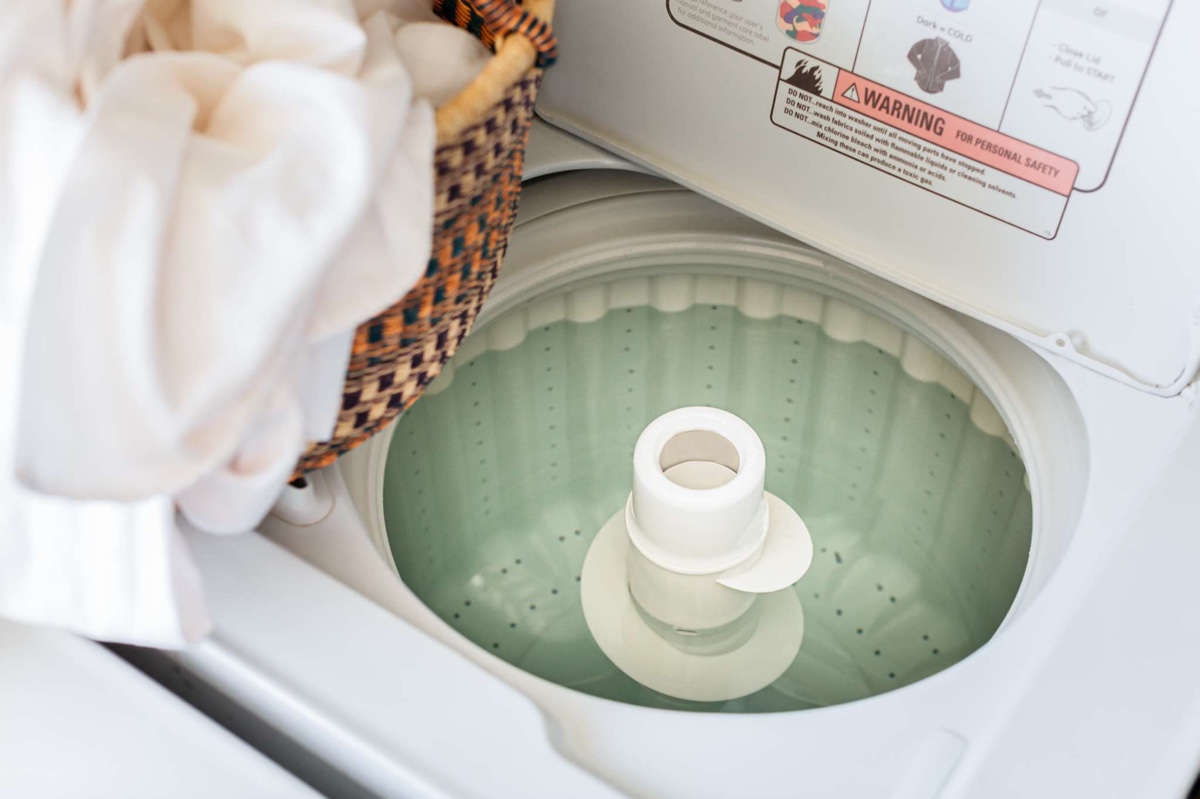
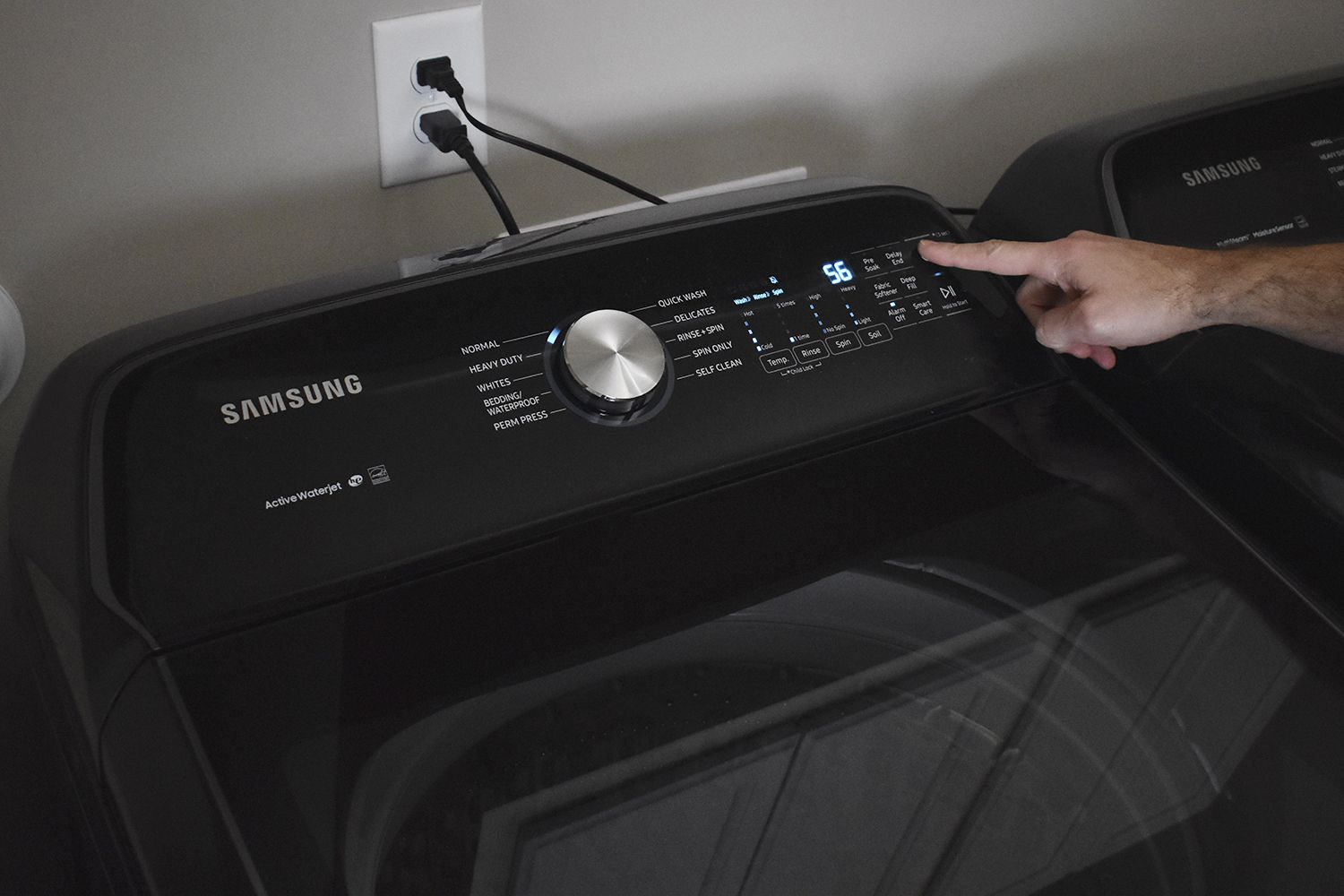

0 thoughts on “Why Does My Washer Squeak”